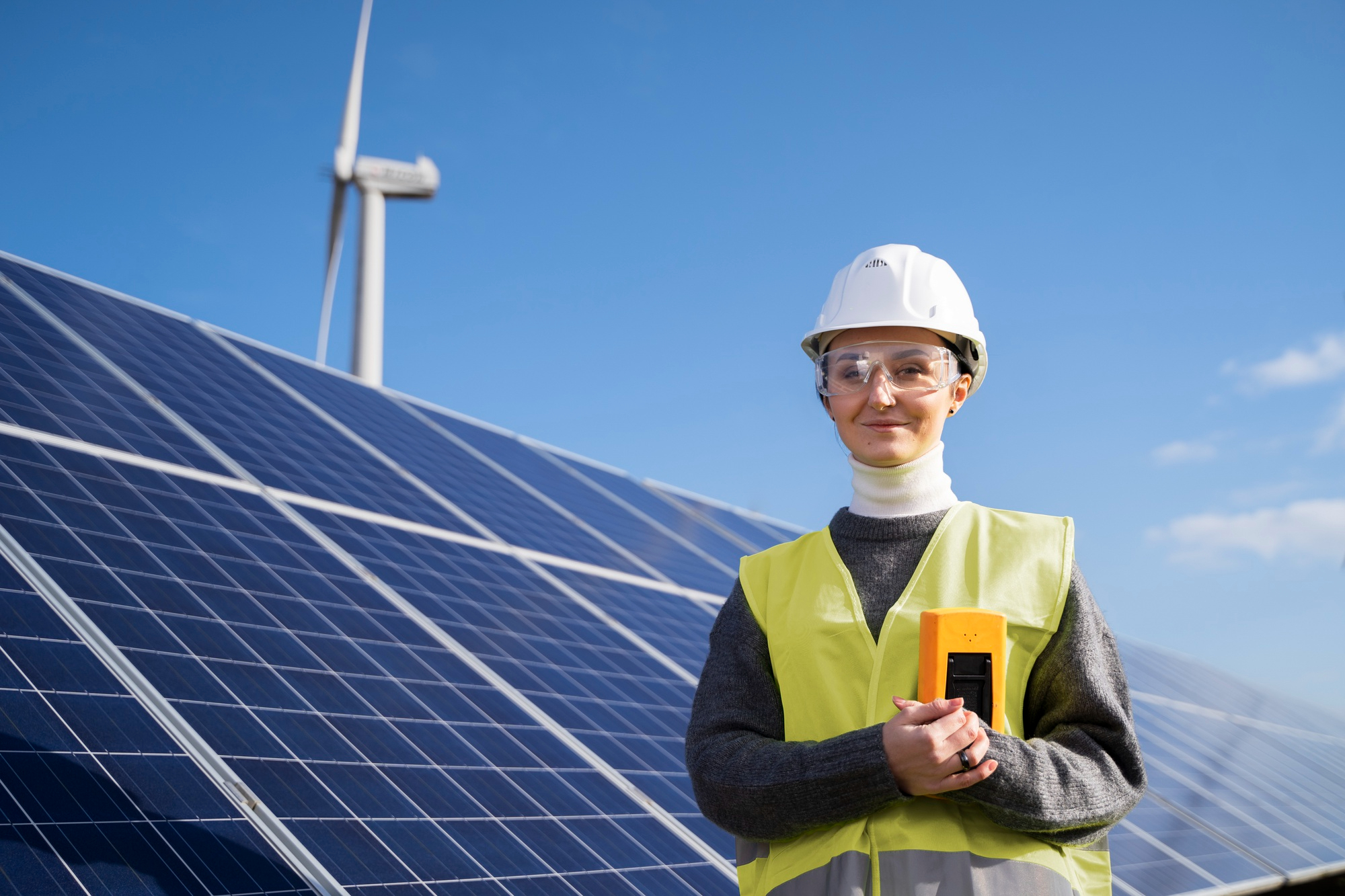Introduction
Solar energy is one of the fastest-growing sources of clean energy, offering a sustainable solution to our ever-increasing energy needs. However, despite its many benefits, there are still several myths and misconceptions surrounding solar energy that can deter people from making the switch. In this blog, we’ll debunk the top 5 myths about solar energy and provide you with the facts you need to make an informed decision about going solar.
1. Myth: Solar Panels Are Too Expensive
Debunked: One of the most common myths about solar energy is that it’s too expensive for the average homeowner or business. While it’s true that solar panels were once a costly investment, prices have significantly decreased over the past decade. Thanks to advancements in technology, increased competition, and government incentives, the cost of installing solar panels has dropped by more than 70% since 2010.
Additionally, many states offer rebates, tax credits, and financing options that make solar more affordable than ever. The Federal Solar Investment Tax Credit (ITC) currently allows homeowners to deduct 30% of the installation costs from their federal taxes, further reducing the upfront cost. Over time, the savings on your electricity bills can more than cover the initial investment, making solar panels a smart and affordable choice for most people.
2. Myth: Solar Panels Only Work in Sunny Climates
Debunked: Another widespread misconception is that solar panels are only effective in sunny climates or places with year-round sunshine, like California or Arizona. However, solar panels are designed to work in various weather conditions, including cloudy and rainy days. While it’s true that solar panels are most efficient in direct sunlight, they can still generate electricity from indirect sunlight and even on overcast days.
For instance, Germany, a country known for its cloudy weather, is one of the world’s leading solar energy producers. Modern solar panels are engineered to capture a broad spectrum of light and can perform well in different climates, including those with less-than-ideal sun exposure.
3. Myth: Solar Panels Are High Maintenance
Debunked: Many people believe that solar panels require a lot of maintenance to keep them functioning correctly. In reality, solar panels are very low-maintenance once installed. They have no moving parts, which means there is very little that can go wrong. Most panels come with warranties that last 20-25 years, ensuring their durability and performance.
Maintenance generally involves cleaning the panels a few times a year to remove dirt, dust, and debris that might reduce their efficiency. In some areas, rain may naturally clean the panels for you. Regular monitoring systems can alert you if there’s any significant drop in performance, allowing for quick action if necessary. Overall, the maintenance required for solar panels is minimal compared to other home appliances and systems.
4. Myth: Solar Panels Will Damage My Roof
Debunked: Concerns about solar panels damaging roofs are common, but they are largely unfounded when installations are done correctly. Professional solar installers take great care to ensure that panels are mounted securely and safely, without causing damage to the roof. In fact, solar panels can actually help protect the roof by shielding it from the elements, reducing wear and tear over time.
If your roof is in good condition, installing solar panels can be a seamless process. However, if your roof needs repairs or replacement, it’s best to address those issues before installing solar panels. Reputable solar companies will assess your roof’s condition during the initial consultation to ensure it’s suitable for installation.
5. Myth: Solar Panels Are Not Environmentally Friendly
Debunked: Some people believe that the production and disposal of solar panels are harmful to the environment, negating the benefits of solar energy. While it’s true that manufacturing solar panels involves some environmental impact, the overall carbon footprint of solar panels is far lower than that of fossil fuels.
The energy used to manufacture a solar panel is quickly offset by the clean energy it generates. On average, a solar panel will produce enough clean energy within 1-2 years to “pay back” the energy used in its production. Over its 25-30 year lifespan, a solar panel will generate far more electricity than it took to produce it, resulting in a net positive impact on the environment.
Additionally, the solar industry is constantly improving its manufacturing processes to reduce waste and increase recycling rates. Many components of solar panels, including glass and metal, can be recycled, further reducing their environmental impact.
Conclusion
Solar energy is a reliable, sustainable, and increasingly affordable option for powering homes and businesses. By debunking these common myths, it’s clear that solar panels are a viable and beneficial investment for many. Whether you’re concerned about costs, climate, maintenance, or environmental impact, the facts show that solar energy is an excellent choice for those looking to reduce their carbon footprint and save on energy costs.
Call to Action:
Ready to go solar? Contact us today for a free consultation and learn how solar panels can benefit your home or business. Don’t let myths hold you back from making a smart, sustainable choice!

